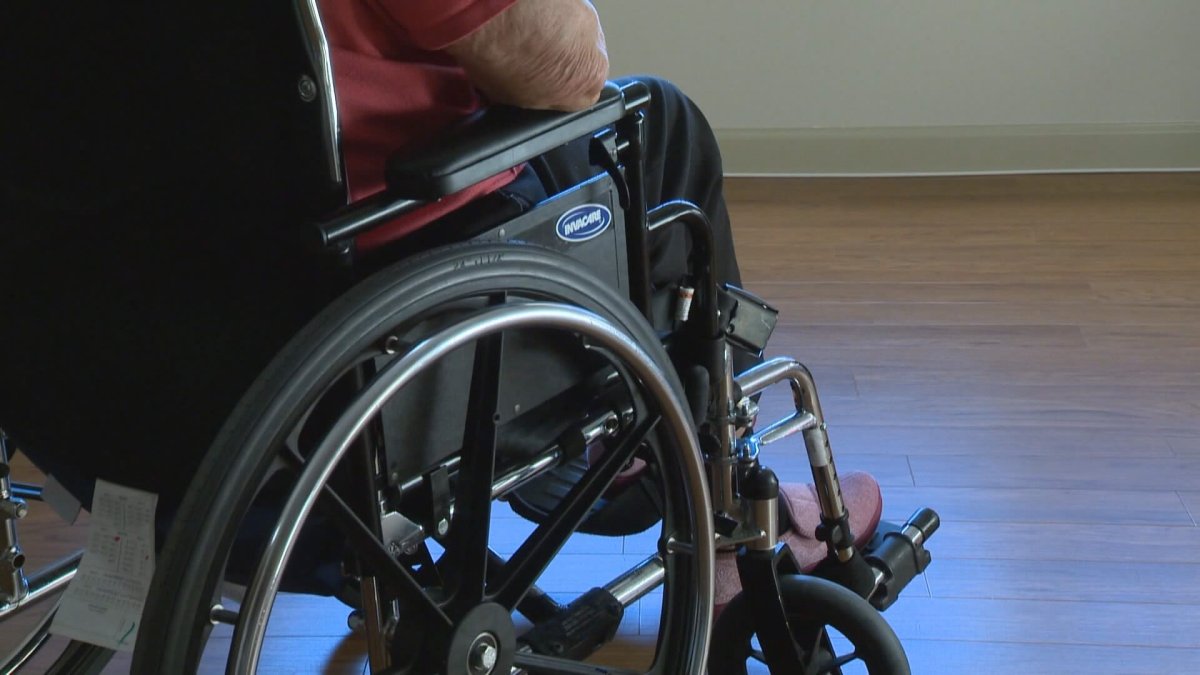Manitoba now says 178 health-care workers have decided to stay home — and not get paid — rather than be tested for COVID-19 under the province’s vaccine mandate for front-line workers.

The number of direct-care workers who’ve opted against being vaccinated or regularly tested for the virus has been climbing since Monday, when new public health orders requiring many front-line workers in health care, education and child care to be fully vaccinated came into effect.
As has been the case all week, Shared Health said the majority of health-care workers on unpaid leave as of Thursday come from the Southern Health region, where vaccination uptake has been lower than the rest of the province.

Officials said 105 of the workers opting to stay home are from the Southern Health district, 16 are from the Interlake-Eastern Health region, 29 work in the Prairie Mountain Health region, 21 are from the Winnipeg Health region, two work in the Northern Health region, and two are from Shared Health.
In all, Shared Health says 1,831 Manitoba health-care workers require testing under the new public health orders.
A statement from Shared Health says Southern Health is actively redeploying staff from other programs “to safely ensure ongoing quality care and services at affected sites.”
The affected sites include Eastview Place in Altona and Salem Home in Winkler, according to the statement.
- Buzz kill? Gen Z less interested in coffee than older Canadians, survey shows
- Naloxone-resistant street drug linked to 9 deaths in Eastern Canada seized in Alberta
- Bird flu risk to humans an ‘enormous concern,’ WHO says. Here’s what to know
- ‘She gets to be 10’: Ontario child’s heart donated to girl the same age
Home care in Winkler affected
The shortage of workers in the Southern Health region has led to a disruption in services for some home care clients in Winkler.
In a statement, Shared Health said home care clients and families in the community were told last week “lower priority services” would be temporarily suspended.
These include meal prep for clients whose family members are able to help, household maintenance, as well as a decrease in frequency of services, including in-home social respite.
Last week, Salem Home sent a letter to families of its residents warning them of potential staff shortages. They warned families the facility may need help with laundry, meals, cleaning and activities — and even go one step further and take their loved ones out of the home — should the staff situation become a problem.

Shared Health said family members are helping “to visit and provide some support with feeding and visiting” at some sites.
A spokesperson from Shared Health said of the roughly 42,000 health-care workers affected by vaccine mandate, 37,473 have so far filled out a voluntary online vaccination disclosure form.
Of those who have responded, Shared Health says 35,642 workers have indicated they’ve been fully vaccinated.
In all, Shared Health says it’s been able to validate that 32,016 direct-care staff members have been fully vaccinated against COVID-19.
Questions about COVID-19? Here are some things you need to know:
Symptoms can include fever, cough and difficulty breathing — very similar to a cold or flu. Some people can develop a more severe illness. People most at risk of this include older adults and people with severe chronic medical conditions like heart, lung or kidney disease. If you develop symptoms, contact public health authorities.
To prevent the virus from spreading, experts recommend frequent handwashing and coughing into your sleeve. They also recommend minimizing contact with others, staying home as much as possible and maintaining a distance of two metres from other people if you go out. In situations where you can’t keep a safe distance from others, public health officials recommend the use of a non-medical face mask or covering to prevent spreading the respiratory droplets that can carry the virus. In some provinces and municipalities across the country, masks or face coverings are now mandatory in indoor public spaces.
For full COVID-19 coverage from Global News, visit our coronavirus page.




Comments